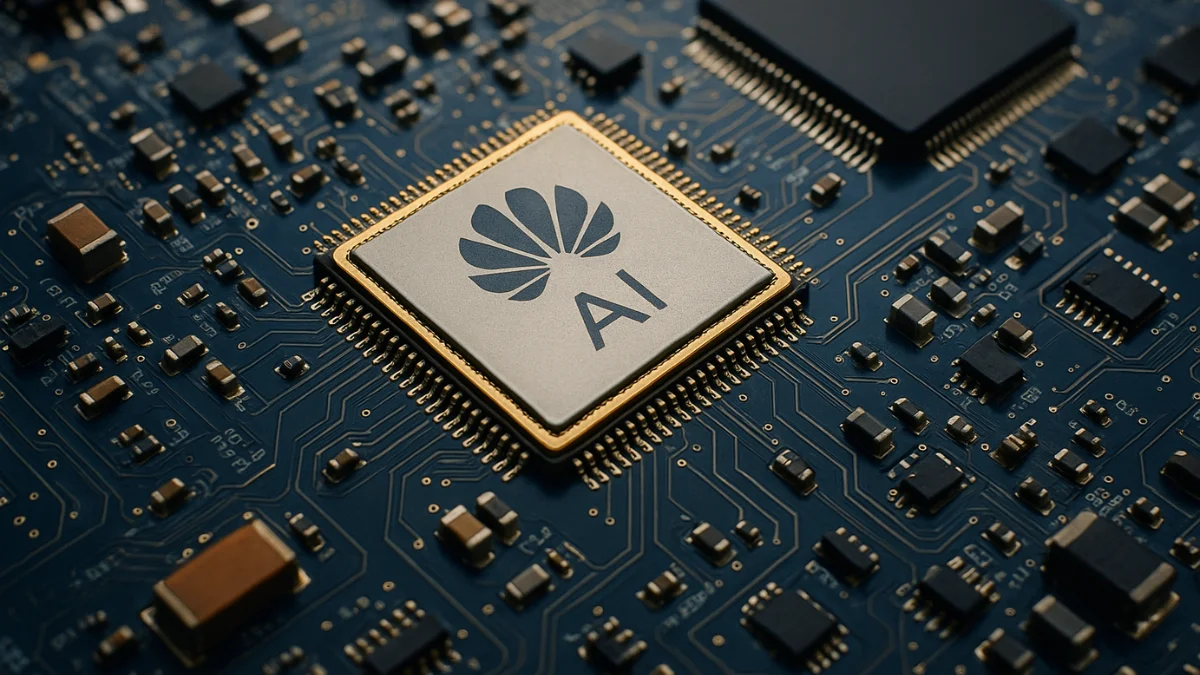Beijing, China – Huawei Technologies Co. is once again under the spotlight after a recent teardown revealed that the company’s latest Ascend AI processors rely heavily on foreign components, despite Beijing’s push for semiconductor self-reliance.
Foreign Tech Inside Huawei’s AI Processors
A detailed analysis by research firm TechInsights showed that Huawei’s third-generation Ascend 910C chips contain parts sourced from Taiwan Semiconductor Manufacturing Co. (TSMC), Samsung Electronics, and SK Hynix. The findings underscore China’s ongoing struggle to reduce its dependence on global suppliers in the AI and semiconductor sectors.
The teardown confirmed that Huawei’s processors include:
- TSMC dies – the essential silicon framework for integrated circuits.
- Samsung High-Bandwidth Memory (HBM) – advanced memory technology enabling faster data transfer and reduced power consumption.
- SK Hynix DRAM – a critical component for handling AI workloads.
Stockpiled Components Amid US Restrictions
Huawei’s use of these foreign parts raises questions about how the company obtained them given strict US export controls. Analysts suggest the firm relied on stockpiles of advanced components acquired before Washington tightened restrictions on China’s access to chipmaking technology.
Also Read: Peaky Blinders Sequel Ordered at Netflix and BBC, Cillian Murphy to Executive Produce
While Samsung and SK Hynix face fewer hurdles due to their outdated HBMs, TSMC could face scrutiny, with reports hinting at potential financial penalties for its earlier supplies.
China’s Self-Reliance Goal Still Out of Reach
The Ascend 910C is central to Huawei’s AI ambitions, particularly in competing with Nvidia in the Chinese market. However, the reliance on foreign-made dies and memory chips suggests that China’s self-reliance strategy in semiconductors remains incomplete.
Huawei has announced plans to introduce its own high-bandwidth memory solutions for future processors. Still, without access to advanced manufacturing equipment, analysts believe the company faces an uphill battle in closing the gap with global rivals.
What’s Next for Huawei?
According to projections, Huawei aims to ship around 653,000 units of Ascend 910C processors by 2026. While this marks a significant step for China’s AI industry, experts argue that Beijing’s vision of a fully domestic semiconductor supply chain may take much longer to materialize.






